Development is a wide and complex subject that is being continually debated both in government and non-government circles, in the bureaucratic as well as academic world. To many, it means the provision of basic economic services, while to others it is nothing but social progress. For some others, it means liberation from poverty and exploitation, and for others, the integration stream. Now, this development paradigm has not taken on an even path among all the people most specifically among the Scheduled Tribes population who accounts 8.2% of the total population in the country. When it comes to Tripura it is observed that almost 84% of the people of this state live in villages. They include 19 tribal communities, who constitute 31% of the total population of the state. Though the state is endowed with huge natural resources yet the poverty of the people remains a matter of major concern, 66.88% of the population of Tripura is living below poverty line, which is overshadowing the quality of life of general people. The state governments have a crucial role to play in the process of translating the vision into a reality. The people of the states have a dream, a dream for a better and brighter future. Will the people participate proactively to translate this dream into reality? Will NGOs participate in the development process and become true mediators between the people and the government? These and other pertinent questions need to be raised by us on the one hand and extend our helping hand in constructively responding to the needs of the people.
This book will be of interest to those who do further research on tribal development with special reference to state specific perspectives. No doubt it will prove greatly useful for policy makers, social scientists, NGOs and other development departments of the Governments, thus in turn it contributes to the welfare of the civil society as wellbout the book.

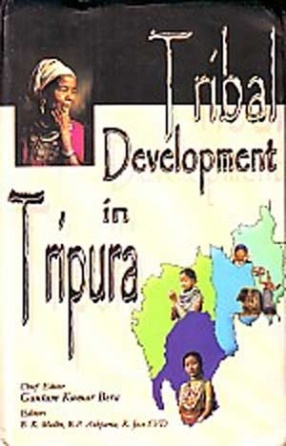
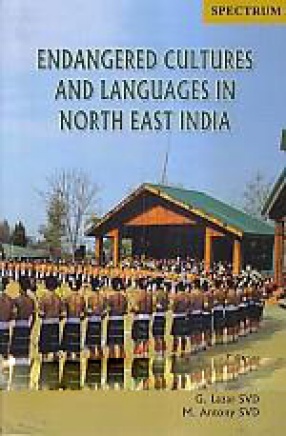
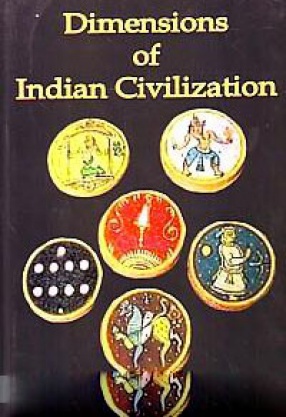

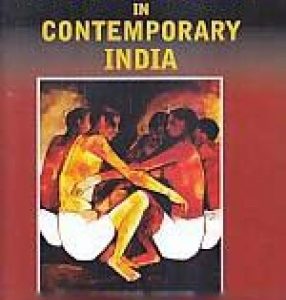
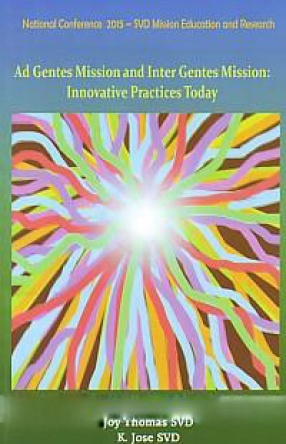
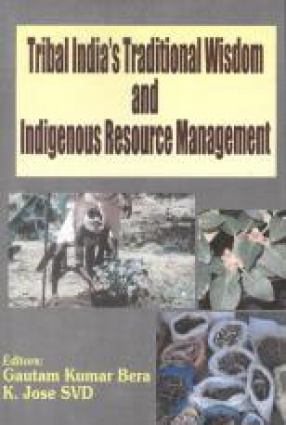
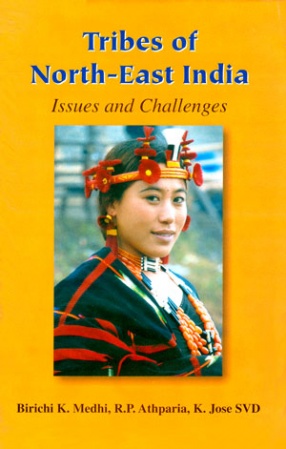

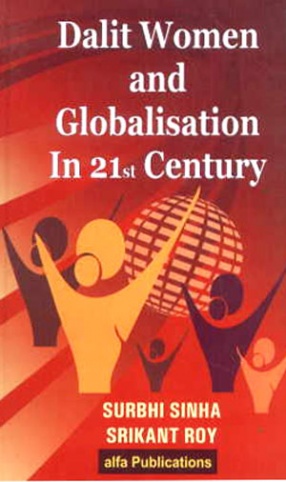
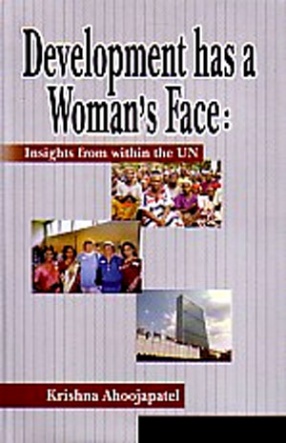
There are no reviews yet.